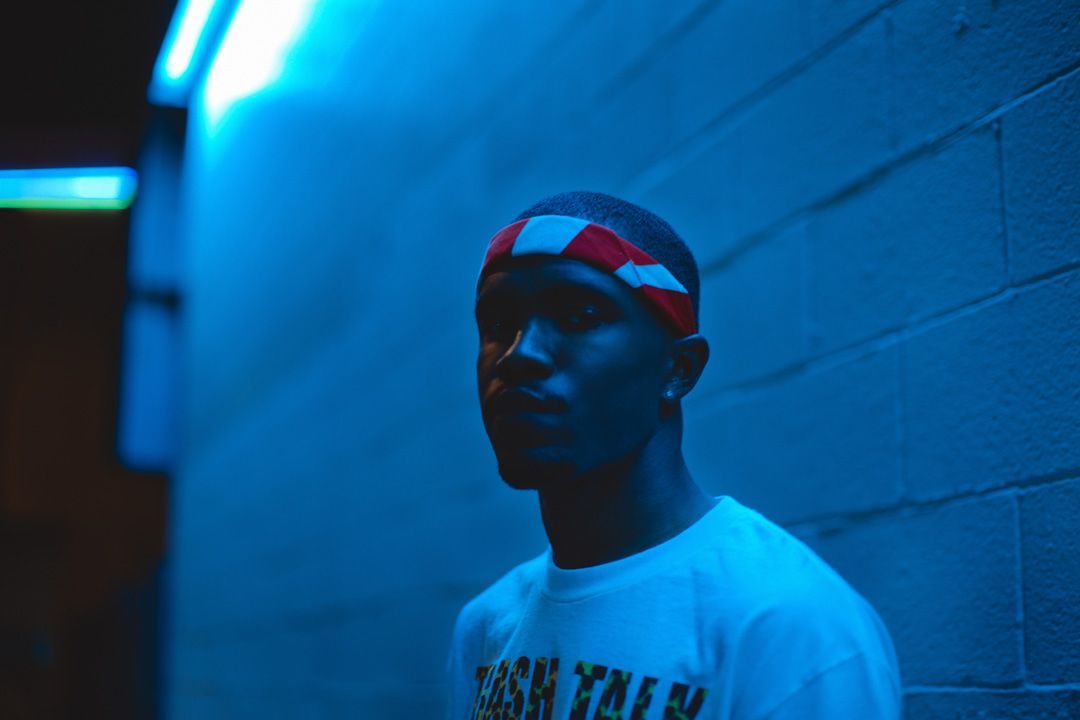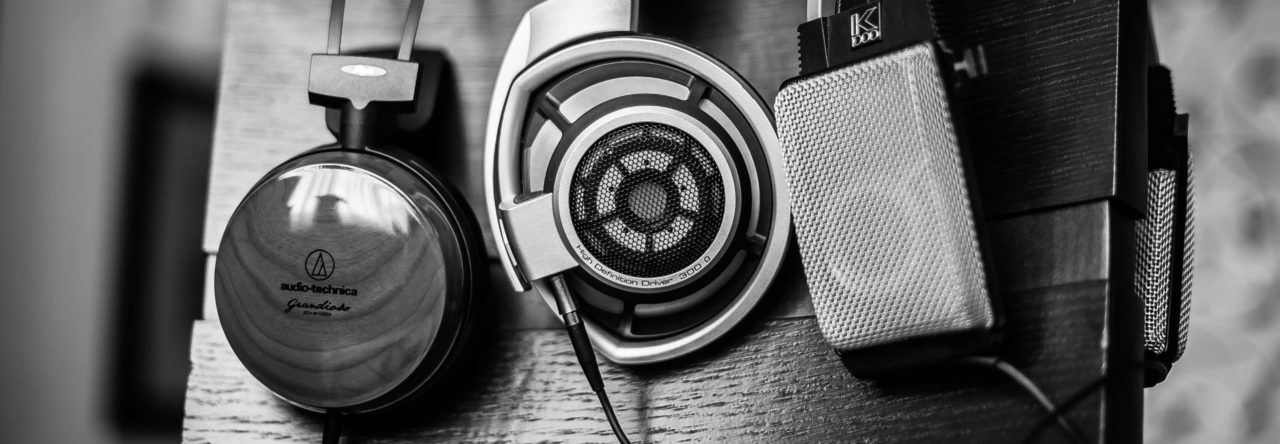
![]()
![]()
Frank Ocean’s sexuality shouldn’t matter. Why his revelation that he’s bisexual has made so many waves (pun intended) is because people working in the hip hop and R&B genres are often considered intolerant of anyone who’s not 100% straight. There’s a fair amount of anti-gay rhetoric and hurtful slang used in tracks without even blinking an eye or somebody speaking out against it, and so for Ocean to come out in that sort of environment takes an incredible amount of courage. He’s weathered the storm quite well so far, though the realities of his situation might be a bit different than what we’re seeing through the eyes of the media. Now let’s just hope he doesn’t get stereotyped because of it, or made an unofficial spokesperson for all things bisexual or homosexual in the music community. The ultimate hope is that if you make great art that people will see past any labels and appreciate it solely for what it is. The great news for Ocean is that his newest album Channel Orange does exactly that, transcending topical, musical and many other boundaries to help make it one of the most fascinating and exciting full lengths of 2012 so far.
Whether you’ve been paying close attention to the R&B and urban styles of music the last few years or not, chances are you’ve become aware that the increased popularity of AutoTune has been both a help and a hindrance to music in general. At its best, AutoTune is another creative tool that can be used to take vocals or accent tracks in ways many never thought possible until now. At its worst, it’s an annoyance, detracts from the humanity in a song, and allows singers to cheat by taking their vocals to places they couldn’t otherwise go on their own. Ocean doesn’t use AutoTune on Channel Orange, nor is it apparent that he needs to. His vocals are smooth as silk, and his range is far more vast than you might expect. Listening to opening track “Thinkin Bout You,” Ocean holds a pretty even keel together until the chorus hits. Reacting to being wounded by a love interest, he flips into a soaring falsetto that makes for an impressive emotional outpouring of his pain. Sad though it may be, it’s also one of several very catchy songs on this record.
The lightly bouncing and effortless “Sweet Life” celebrates the excess associated with being rich, ultimately settling on the very addictive creed of, “Why see the world/when you’ve got the beach?” But that sort of reaction isn’t meant to be taken at face value, instead it’s more about the search for meaning beyond what money and the song’s title describe. Similarly, “Super Rich Kids” uses a plodding piano chord that sounds like it was ripped from Elton John’s “Benny and the Jets” to both mock a life of massive weath and relate to the consistently greedy emptiness it causes. “A million one, a million two/a hundred more will never do,” he sings like a man trapped in a prison of money from which there is no escape. As a 24-year-old still in the earliest stages of his career, Ocean isn’t nearly at the point yet where he could be considered a financial heavyweight. These songs aren’t so much personal stories or feelings he’s describing, but rather character morality tales that are always human and surprisingly relatable. “Crack Rock” turns a drug addict into somebody we can sympathize with, while “Lost” is about the personal relationship between a drug dealer and a drug mule, how they may love each other but can’t stop using one another either. Love and religion intertwine on “Monks,” where the passion a crowd has for a musician parallels that of a deity, the Dalai Lama and Buddhism being the example used. Thematically similar but all the more devastating is “Bad Religion,” where he likens unrequited love to a cult because of its exclusivity, obsession and inability to give anything back to you. The line in the chorus, “I can never make him love me,” is thought by many to be related to the letter he wrote about his attraction to a man that didn’t feel the same way. Whether or not that’s actually the case, the frustration and sadness in his voice is very, very affecting.
Lyrical content and stories aside, Channel Orange also has plenty to offer in terms of composition. This is not your standard R&B slow jam style record. Ocean is offering up so much more than contemporary leaders of the genre like R. Kelly and Usher are trying these days. The risks he’s taking have more in common with Kanye West’s last album, the near perfect My Beautiful Dark Twisted Fantasy, than almost anything else around. If that record set a new bar for hip hop, Ocean’s seeks to set a new bar for R&B. He’s taking many of the greats such as Stevie Wonder, Marvin Gaye and Prince, and applying some of their best qualities in mind to tracks that are extremely modern in body. The organ and spoken word opening of “Bad Religion” is eerily reminiscent of Prince’s “Let’s Go Crazy,” but moves in a polar opposite direction with the entrance of mournful piano chords and dramatic orchestration. Southern style rhythm guitar and church organ blend quite effortlessly with drum machine beats on closing track “Forrest Gump,” and together they give the song a tenderness that betrays a line like, “I wanna see your pom-poms from the stands.” If you really want to understand what this record is all about and see how Ocean has turned R&B on its head, look no further than “Pyramids.” The sprawling, nearly 10 minute track moves from ambient electronica to dancefloor synth-pop to a soulful slow jam to a psychedelic guitar solo without ever sounding out of place or clumsy. Altogether it’s unlike anything else in music today, and it’s that much more brilliant because of it.
If Channel Orange has one problem, it’s sticking with the time honored tradition of adding interludes between a few songs to expand its overall length and track listing. Some of them, like “Fertilizer” and “White,” serve more like brief sketches of songs and glimpses of potential wasted. The bookend tracks titled “Start” and “End” feel even more pointless, the former using the sound of a Playstation powering on while the latter has the sound of somebody getting out of their car and walking into their house. Only “Not Just Money,” featuring a woman talking about how there’s more to life than dollars and cents as she struggles to feed her family, actually feels appropriately used. It’s sandwiched in between “Sweet Life” and “Super Rich Kids,” emphasizing the moral lessons they’re looking to teach. Outside of those shrug-worthy and mostly pointless moments, everything else about this album is ironclad and near perfect. While it lacks the same theatricality and reinvention, Channel Orange can be favorably compared to David Bowie’s Ziggy Stardust record. Following on the heels of his controversial 1972 interview in which he confessed to being gay (which later turned out to be…not so much), Bowie was on the verge of calling it quits. Coupled with the legendary Ziggy Stardust however, Bowie’s profile rose significantly and he became the powerful force in music that many look up to today. Ocean is only getting his career started, but with the revelations about his sexuality and the excellence of this new album, you can almost see the same sort of career trajectory emerging. Time will tell for sure if that holds true, but for the moment this looks like the true birth of the next music superstar.
